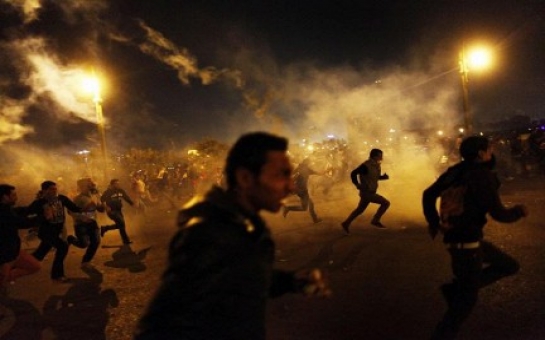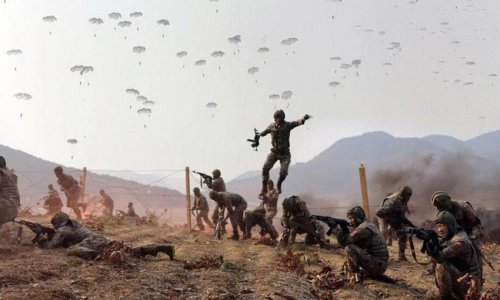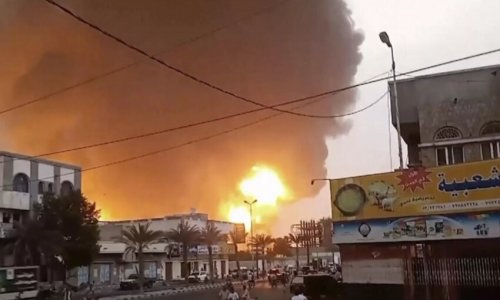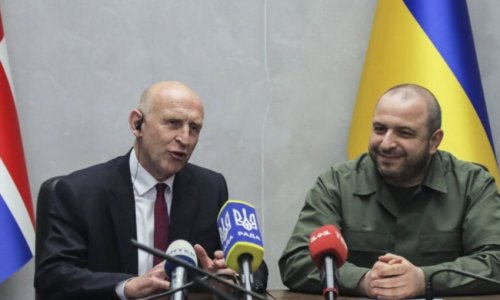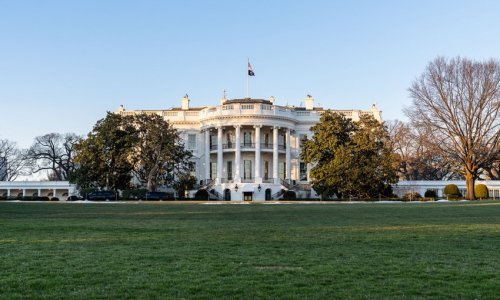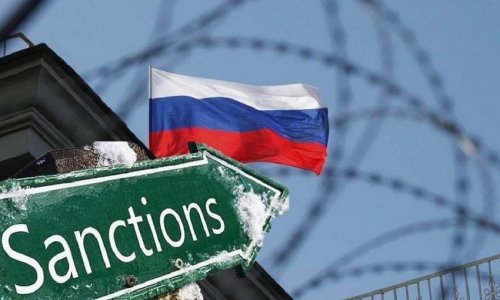An Egyptian court confirmed death sentences on Saturday against the leader of the Muslim Brotherhood and 182 supporters, in a mass trial of Islamists who ruled Egypt for a year but face a fierce crackdown under the new president, Abdel Fattah al-Sisi.
Mohamed Badie and other defendants were charged in connection with violence that erupted in the southern town of Minya following the ousting of the Brotherhood's President Mohamed Mursi last July, led by then army chief Sisi.
One police officer was killed in the violence.
The court's decision came two months after it referred the case against Badie, general guide of the now outlawed Brotherhood, and 682 other defendants to a top religious authority, the first step to imposing a death penalty.
Those preliminary sentences triggered outrage among Western governments and rights groups, with the United States and European Union both saying they were appalled by the rulings.
Since Mursi's overthrow, which was followed by protests by his supporters, hundreds of Islamist protesters have been killed and thousands jailed in a crackdown by security forces. Five hundred army and police officers have also been killed.
Sisi, who won a presidential election last month, said in the run-up to the vote that the Brotherhood - Egypt's oldest, most organized and successful political group - was finished and would not exist under his rule.
Amnesty International described the verdicts as "the latest example of the Egyptian judiciary’s bid to crush dissent".
There was no immediate reaction on the ruling from the Brotherhood, whose members are either in jail or on the run.
Outside the Minya court compound, around 200 people, mostly relatives of defendants that were freed, gathered to celebrate the ruling. "Long live justice, long live Sisi," they chanted.
Out of a total 683 defendants, around 100 are in detention and the rest were tried in absentia. Four were jailed for life while 496 were acquitted, according to judiciary sources. All verdicts can be appealed before a higher court.
"Those rulings are a continued farce," prominent Egyptian human rights activist and lawyer Gamal Eid said on Saturday.
"And the state is still insisting that the judiciary is independent. I don't know how we can believe that when we see rulings like that. It is against logic and common sense. It is a joke," he said.
U.S. AID
The United States has said it would be unconscionable for Egypt to carry out mass death sentences against the Brotherhood and that Cairo's actions would have consequences for resumption of suspended U.S. aid.
The U.S. Secretary of State John Kerry, who is due to tour the Middle East this week, is expected to pay a brief visit to Egypt on Sunday, according to local Egyptian media reports.
Egypt, the biggest Arab state, which controls the strategic Suez Canal, has been among the largest recipients of U.S. military and economic aid since its 1979 peace treaty with U.S. ally Israel.
Some of that support was put on hold after Mursi's overthrow, the latest round in a decades-old struggle between Egyptian authorities and the Islamist movement.
The 70-year-old Badie was first jailed under President Gamal Abdel Nasser nearly 50 years ago, alongside the Brotherhood's then leader and ideologue Sayyid Qutb who was executed in 1966.
Qutb's revolutionary writings in jail are believed to have inspired generations of Islamist militants including Ayman al-Zawahri, the Egyptian doctor who succeeded Osama bin Laden as al Qaeda leader, although the Brotherhood itself renounced violence decades ago.
The same court that sentenced Badie on Saturday has already confirmed death sentences on 37 Brotherhood supporters in rulings that were part of a final judgment on 528 Muslim Brotherhood supporters who received initial death sentences.
In a separate case, a Cairo court referred Badie and 13 Brotherhood supporters on Thursday to the Mufti, a top religious authority, on charges of murder and firearms possession related to clashes during the protests last July.
Badie and other senior Brotherhood leaders including Mursi are standing trial in other cases.
Sisi held a brief meeting at Cairo airport late on Friday with Saudi Arabia's King Abdullah whose country, like Egypt, has branded the Brotherhood a terrorist organization.
The government's crackdown on the Brotherhood and on protests in general has not extinguished all public dissent.
On Saturday, police fired tear gas at dozens of mostly secular activists who rallied against anti-protests legislation near a presidential palace in Cairo, witnesses said.
Egypt in November issued a law that banned protests without police permission. Many liberal and Islamist activists have been arrested in the past few months for protesting without a license.
Bakudaily.az

